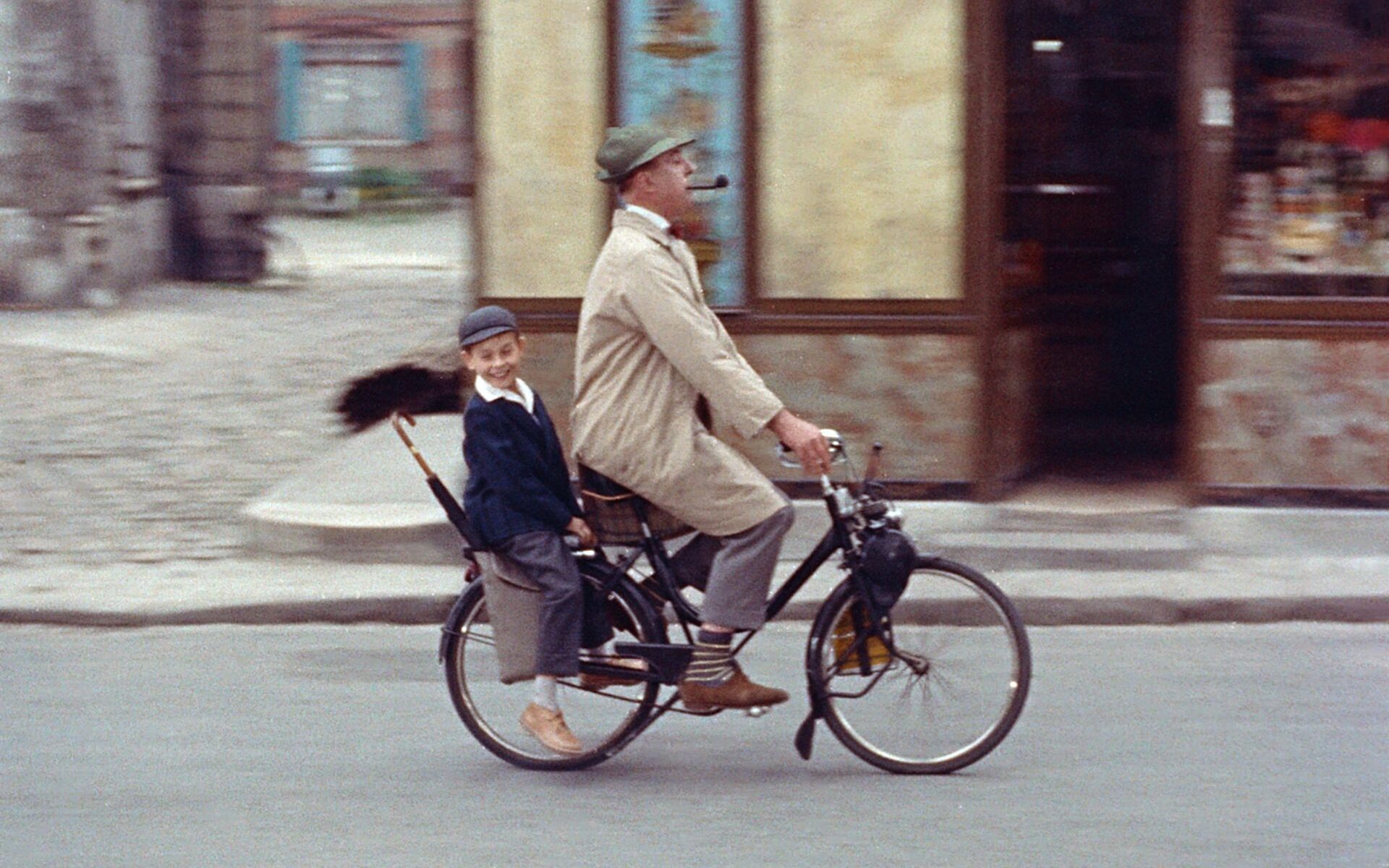A Fundamental Shift Toward Sustainability
We’ve all heard it—remote work is touted as a game-changer for the environment. Fewer cars clogging up the streets, office buildings going dark, and a noticeable reduction in urban smog. But let’s be clear: these aren’t just perks or fringe benefits. The environmental gains from remote work are a fundamental issue, a critical piece of the puzzle as we strive to build a more sustainable future.
The most obvious impact? The reduction in commuting. Major cities like San Francisco, once known for their soul-crushing traffic jams, have seen a remarkable decline in daily emissions. It’s not just about convenience or saving a bit of time—this is about significantly lowering our carbon footprint in a world that desperately needs it. The reduction in fuel consumption and pollution isn’t a side effect; it’s a necessary step in our societal shift toward sustainability.
But the importance of remote work extends beyond just reducing emissions. It represents a broader rethinking of how we live and work. By decentralizing the workforce, we reduce the strain on urban centers, allowing for more balanced regional development and less environmental degradation. The energy savings from reduced office use, while significant, are just one part of the equation. Remote work encourages a more sustainable use of resources across the board.
Of course, this doesn’t mean we can ignore the challenges. Yes, the energy load shifts to our homes, and yes, our digital infrastructure has its own environmental costs. But these are challenges we must address, not reasons to dismiss remote work’s potential. By investing in energy-efficient homes, greener data centers, and sustainable tech practices, we can ensure that remote work remains a key component of a more sustainable society.
The bottom line is this: remote work is not just a temporary trend or a nice-to-have option. It’s a critical element in our collective effort to create a sustainable future. The environmental benefits are not perks—they are essential to our survival. We need to embrace this shift, not just for the sake of convenience, but for the planet’s future.

